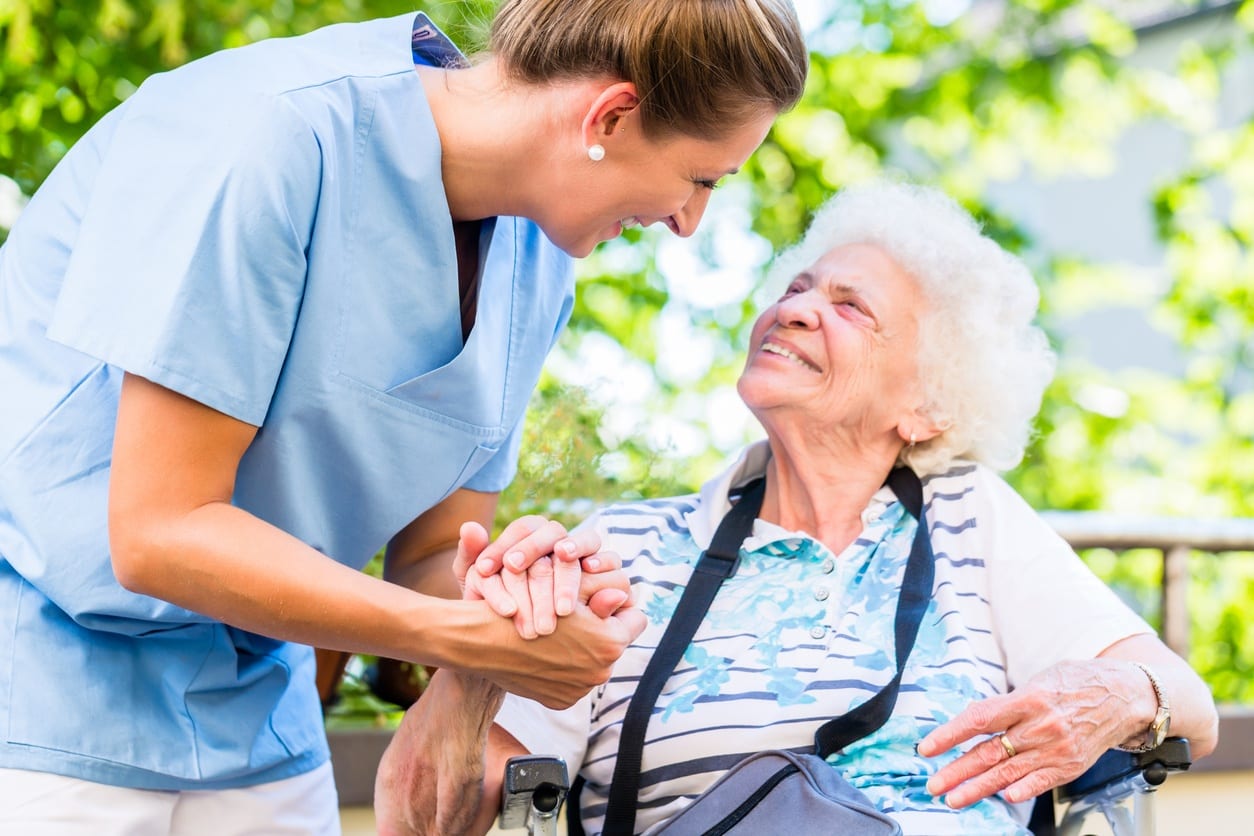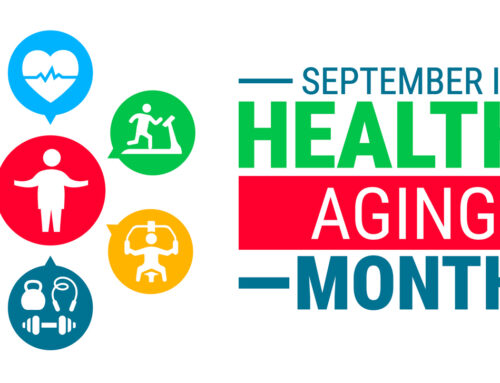According to a recent report, those who refuse home care were twice as likely to be readmitted to a hospital within 30-60 days
If you or an older family member has recently been admitted to the hospital for a moderate to severe injury, disease, or chronic health condition, getting home health care services could seriously decrease the chances of readmission. In fact, according to one report from the Alliance for Home Health Quality and Innovation and the United Hospital Fund, research shows that those who received home health care were only half as likely to be readmitted to a hospital within 30-60 days compared to those who refused it. So, why do patients refuse home health care in the first place?
In some cases, senior patients refuse home health care because they don’t fully understand its benefits, while others are afraid that accepting care means losing their privacy and independence. Others may be concerned with costs and do not know if their insurance covers it. However, done properly, home health services can affordably improve medical outcomes without infringing on an older individual’s privacy or self-esteem.
Patients who received home health care reported an improved quality of life after hospital discharge
In addition to being far less likely to visit the hospital again within the next few months, hospitalized seniors who accepted home health care services reported a significant increase in quality of life during that same period. This can likely be explained by several factors, but chief among them is the fact that those receiving home health care usually have a medical professional monitoring them between 6 and 24 hours a day. That monitoring can provide significant insight into the patient’s condition, meaning that many minor problems can be addressed before they become major ones. For example, instead of hospitalization, a home health aide can help a patient schedule an outpatient doctor’s appointment if they see any concerning signs or symptoms.
Without the help of a trained medical aide, the patient or their family members might wait until an emergency happens to get medical help. Most medical experts agree with the old adage “an ounce of prevention is worth a pound of cure,” and, in many cases, a home health aide can drastically increase the chances of heading off a medical emergency.
The real reasons many patients refuse home healthcare
According to the study, approximately 28% of individuals surveyed decided to refuse home healthcare. Those who refused listed a variety of reasons, including:
Already managing care
Invasion of privacy
Care recipient does not want services
Don’t feel that help is needed
Services do not meet their needs
Do not know about services
Cost, including a co-pay in private insurance
Previous negative experience
Fear of the unknown
In many cases, these reasons boil down to two or three core elements; not knowing the benefits, fear, and cost-related concerns. Experts also believe that some seniors refuse to accept home health care due to psychological issues like depression, anxiety, or hoarding, or illicit behaviors, such as drug or alcohol abuse. However, these are likely to be the exception, rather than the rule. To combat both ignorance and fear about home health care, health educators, hospital administrators, medical professionals, and government organizations may need to better educate patients about its benefits.
Home health care isn’t always 24/7/365; instead, it can be tailored to the specific needs and budget of a patient
In many cases, the family members of a senior who has been recently hospitalized may need to reassure them about the importance receiving quality home health care – especially if they are concerned about losing their privacy and independence. It may be relevant for seniors to realize that a home health aide or nurse isn’t necessarily permanent – the services may last for a finite period of time while recovering from an accident or other medical event.
Also, home healthcare services aren’t always 24/7. In many cases, an individual can come several days a week for several hours at a time to check in with a patient, while family members of friends visit their loved one during other parts of the week. Other seniors require overnight care, daytime care, or a variety of other scenarios tailored to the individual’s needs.
No matter a patient’s age, budget, or medical condition, home healthcare can adapt to your or your senior loved one’s scenario – making it one of the most powerful ways to keep the elderly in good physical and mental health after a hospital visit.
To learn more about how home health aide services can help you or your older family members maintain excellent health – and to assist with optimal recovery after a hospital stay, contact FirstLantic today for a free consultation. Our South Florida home health aides have been providing the highest level of service and attention to clients in Broward, Palm Beach, St. Lucie, Indian River, and Martin Counties since 2000. Call us at 877-618-3624 or fill out our online contact form to learn more.
 AVAILABLE 24 HOURS A DAY/7 DAYS A WEEK
AVAILABLE 24 HOURS A DAY/7 DAYS A WEEK Careers
Careers







